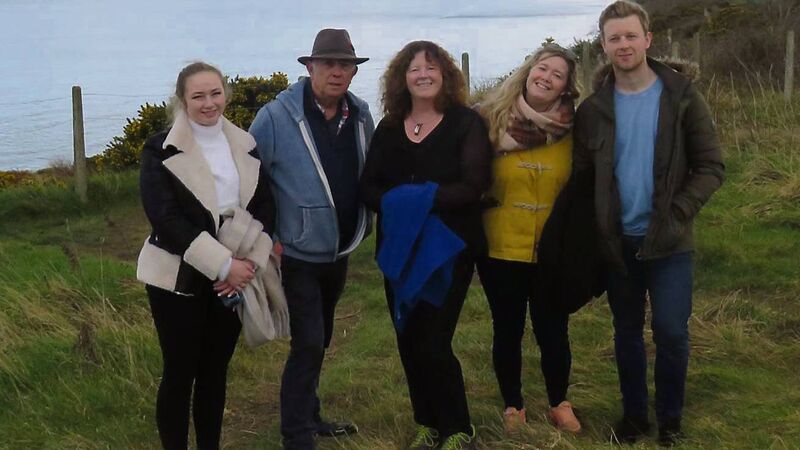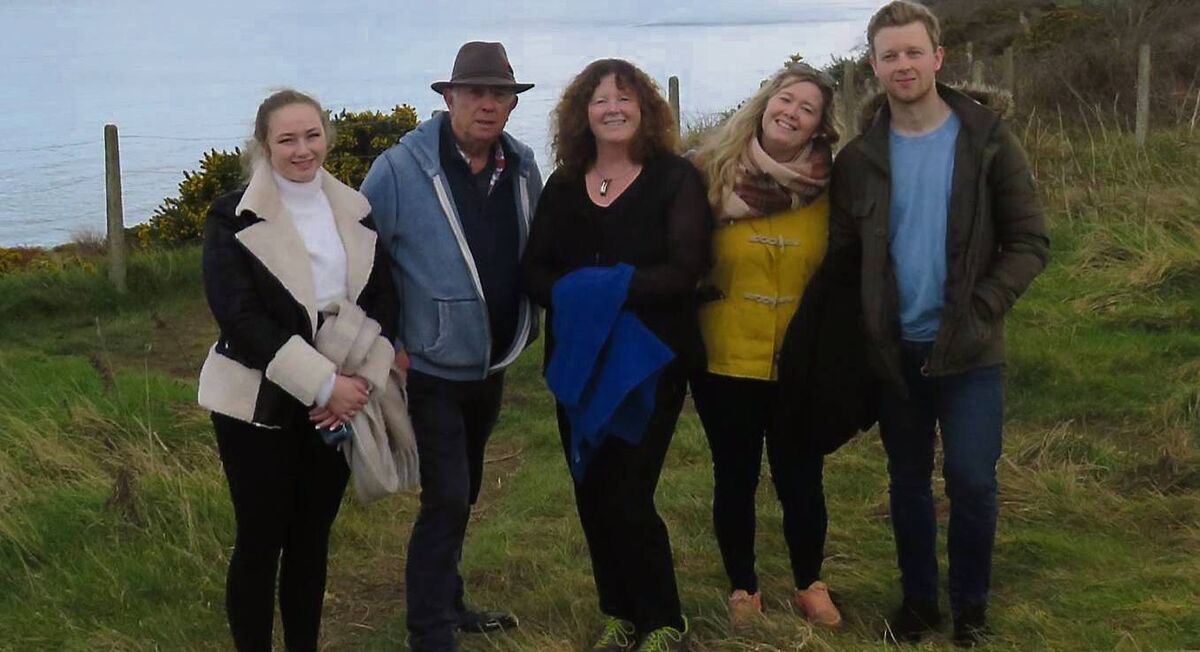Parents for the Planet: Listening to the 'wood wide web'


CLIMATE change is happening. It’s a reality. It’s a shame so much time has been wasted by climate deniers; time when positive changes could have been made. Today, one in four animal and plant species are at risk of extinction. By the end of the century, that figure may be one in two, if urgent action is not taken.








